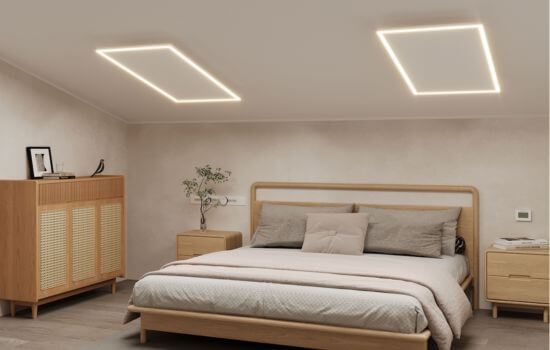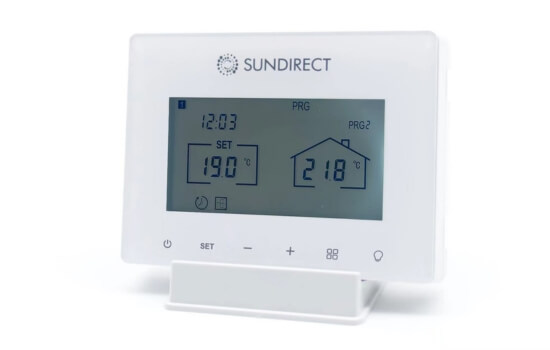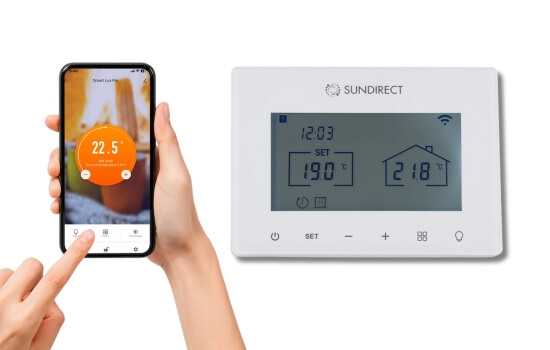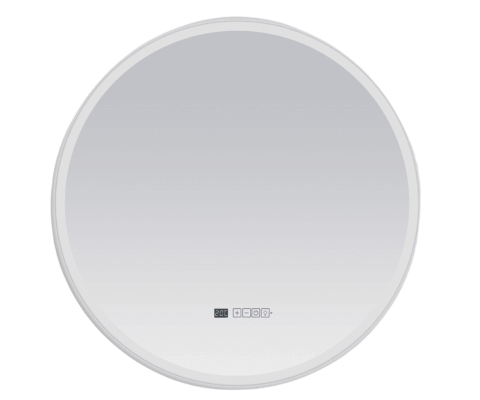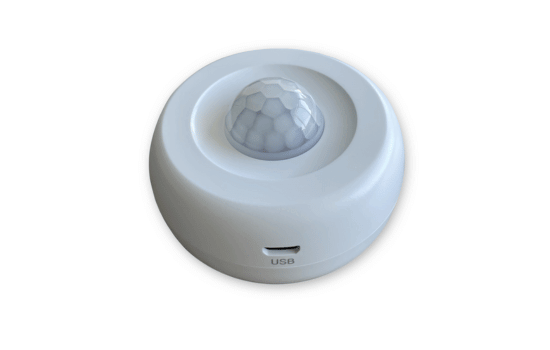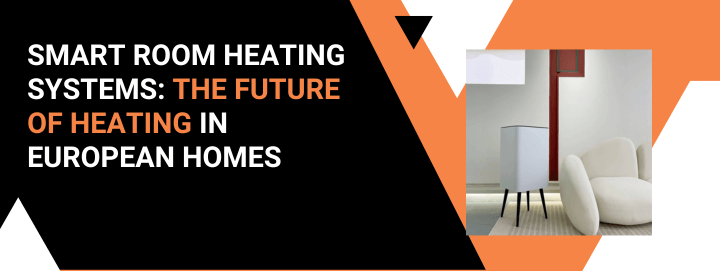The evolution of heating technology has paved the way for the rise of smart room heating systems, which are rapidly transforming European homes. With energy efficiency, ease of use, and precise control, smart heating systems are an attractive option for homeowners seeking convenience and cost savings. But what makes these systems stand out from traditional heating methods? And why are they particularly suited to European households? In this article, we’ll explore the benefits, technology, and future trends of smart room heating systems.
Understanding Smart Room Heating Systems
Smart room heating systems integrate advanced technologies like thermostats, sensors, and connectivity features to control and optimize home heating. These systems typically use the Internet of Things (IoT) to connect devices, enabling homeowners to monitor and adjust heating from their smartphones, tablets, or even via voice commands.
Benefits of Smart Room Heating Systems for European Homes
- Enhanced Energy Efficiency: With utility costs rising across Europe, energy efficiency is a primary concern for many households. Smart room heating systems allow precise control over heating zones, reducing unnecessary heating in unoccupied rooms. This translates into substantial energy savings and a reduced carbon footprint.
- Remote Accessibility: One of the standout features is the ability to control heating remotely. Whether you’re at work or on vacation, you can monitor and adjust your home’s temperature using an app. This ensures comfort when you return and helps prevent energy wastage.
- Integration with Renewable Energy: Many European homes are turning to renewable energy sources such as solar panels. Smart heating systems can integrate seamlessly with these sources, allowing homeowners to make the most of green energy and reduce dependence on fossil fuels.
- Increased Comfort and Customization: Smart heating systems offer unparalleled customization. With programmable schedules, learning thermostats, and sensor-based adjustments, you can set temperatures based on your lifestyle, preferences, and even specific times of the day.
Why European Homes Are Ideal for Smart Heating
Europe has long been a pioneer in adopting energy-efficient technologies. Several factors make smart room heating particularly appealing in European homes:
- Aging Infrastructure: Many European houses have older heating systems that are less efficient. Upgrading to a smart system not only improves efficiency but also modernizes the home.
- Government Incentives: Numerous EU countries provide financial incentives for adopting energy-efficient technologies, making smart heating an affordable option.
- Climate Variability: With varying climate conditions across the continent, the ability to fine-tune heating settings to match local weather patterns is invaluable.
Types of Smart Room Heating Systems
- Smart Thermostats: A core component of any smart heating system, these devices learn from user behavior, track energy usage, and optimize heating patterns.
- Zoned Heating Systems: Allow users to control individual rooms or zones independently, minimizing energy consumption in less-used areas.
- Smart Radiators and Electric Heaters: Ideal for apartments and small spaces, these devices can be programmed to maintain optimal temperatures without a central heating system.
The Role of AI and Machine Learning
The future of smart heating is moving toward AI and machine learning. Newer systems use these technologies to predict heating needs, detect inefficiencies, and even suggest energy-saving adjustments based on user habits and weather forecasts. This means even more precise control, lower energy bills, and a more personalized heating experience.
The Challenges of Smart Room Heating Adoption
While the benefits are clear, there are still some challenges that European homeowners face:
- High Initial Cost: Smart systems can be expensive to install, particularly in older homes without existing wiring or infrastructure.
- Compatibility Issues: Not all smart systems work with every type of boiler or heating unit, making retrofitting a complex task.
- Data Privacy Concerns: With any connected device, there’s always a concern about data security and privacy. Homeowners should choose reputable brands and take security precautions.
Conclusion
Smart room heating systems are poised to become the norm in European homes. They offer unmatched energy efficiency, flexibility, and integration capabilities, making them a worthwhile investment for those looking to modernize their heating. As technology continues to evolve, these systems will only get smarter, more intuitive, and more efficient, helping Europe move closer to a greener future.

